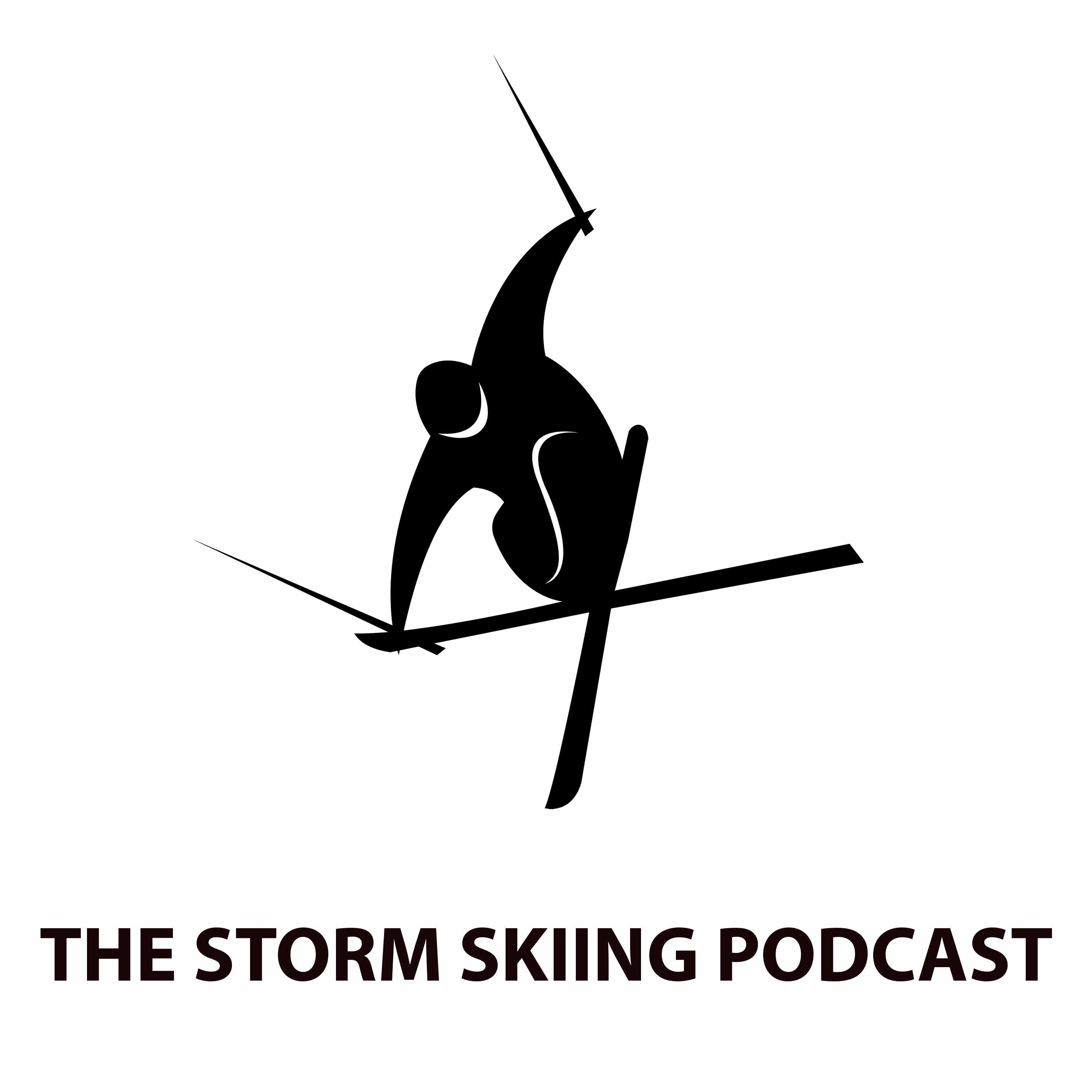Podcast #157: Berkshire East & Catamount Owner & GM Jon Schaefer
Description
This podcast hit paid subscribers’ inboxes on Dec. 28. It dropped for free subscribers on Jan. 4. To receive future pods as soon as they’re live, and to support independent ski journalism, please consider an upgrade to a paid subscription. You can also subscribe to the free tier below:
Who
Jon Schaefer, Owner and General Manager of Berkshire East, Massachusetts and Catamount, straddling the border of Massachusetts and New York
Recorded on
December 6, 2023
About the mountains
Berkshire East
Click here for a mountain stats overview
Owned by: The Schaefer family
Located in: Charlemont, Massachusetts
Year founded: 1960
Pass affiliations:
* Berkshire Summit Pass: Unlimited Access
* Indy Base Pass: 2 days with blackouts (reservations required)
* Indy+ Pass: 2 days, no blackouts (reservations required)
Closest neighboring ski areas: Eaglebrook School (:36), Brattleboro (:48), Hermitage Club (:48), Mt. Greylock Ski Club (:52), Mount Snow (:55), Jiminy Peak (:56), Bousquet (:56); Catamount is approximately 90 minutes south of Berkshire East
Base elevation: 660 feet
Summit elevation: 1,840 feet
Vertical drop: 1,180 feet
Skiable Acres: 180
Average annual snowfall: 110 inches
Trail count: 45
Lift count: 7 (1 high-speed quad, 2 fixed-grip quads, 1 triple, 1 double, 2 carpets – view Lift Blog’s inventory of Berkshire East’s lift fleet)
View historic Berkshire East trailmaps on skimap.org.
Catamount
Click here for a mountain stats overview
Owned by: The Schaefer family
Located in: Hillsdale, New York and South Egremont, Massachusetts (the resort straddles the state line, and generally seems to use the New York address as its location of record)
Year founded: 1939
Pass affiliations:
* Berkshire Summit Pass: Unlimited Access
* Indy Base Pass and Indy+ Pass: 2 days, no blackouts (reservations required)
Closest neighboring ski areas: Butternut (:19), Otis Ridge (:35), Bousquet (:40), Mohawk Mountain (:46), Jiminy Peak (:50), Mount Lakeridge (:55), Mt. Greylock Ski Club (1:02); Berkshire East sits approximately 90 minutes north of Catamount
Base elevation: 1,000 feet
Summit elevation: 2,000 feet
Vertical drop: 1,000 feet
Skiable Acres: 133 acres
Average annual snowfall: 108 inches
Trail count: 44 (35% green, 42% blue, 23% black/double-black)
Lift count: 8 (2 fixed-grip quads, 3 triples, 3 carpets – view Lift Blog’s inventory of Catamount’s lift fleet)
View historic Catamount trailmaps on skimap.org.
Why I interviewed him
Might I nominate Massachusetts as America’s most underappreciated ski state? It’s easy to understand the oversight. Bordered by three major ski states that are home to a combined 107 ski areas (50 in New York, 27 in Vermont, and 30 in New Hampshire), Massachusetts contains just 13 active lift-served mountains. Two (Easton School and Mount Greylock Ski Club) are private. Five of the remainder deliver vertical drops of 400 feet or fewer. The state’s entire lift-served skiable area clocks in at around 1,300 acres, which is smaller than Killington and just a touch larger than Solitude.
But the code and character of those 11 public ski areas is what I’m interested in here. Winnowed from some 200 bumps that once ran ropetows up the incline, these survivors are super-adapters, the Darwinian capstones to a century-long puzzle: how to consistently offer skiing in a hostile world that hates you.
New England is a rumbler, and always has been. Outside of northern Vermont’s Green Mountain Spine (Sugarbush, MRG, Bolton, Stowe, Smuggs, Jay), which snags 200-plus inches of almost automatic annual snowfall, the region’s six states can, on any given day from November to April, stage double as Santa’s Village or serve as props for sad brown Christmas pining. Immersive reading of the New England Ski History website suggests this contemporary reality reflects historical norms: prior to the widespread introduction of snowmaking, ski areas could sometimes offer just a single-digit number of ski days in particularly dif
More Episodes
Published 11/17/24
Published 11/12/24


